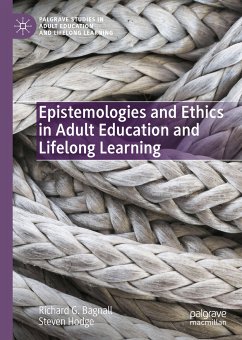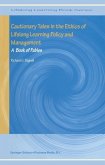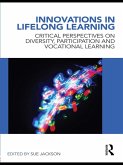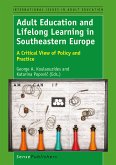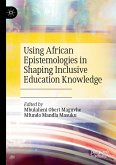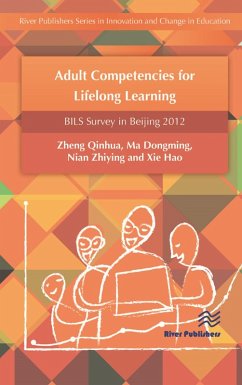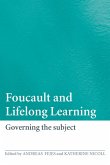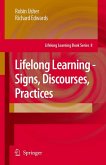This book presents and advocates for a framework of competing epistemologies and conceptions of ethics as a way of understanding modernist lifelong learning. These epistemologies are grounded in a recognition of the normative nature of knowledge that informs lifelong learning; each being framed by a different account of the sort of knowledge that is most valued and therefore foregrounded in lifelong learning policy, provision and engagement informed by the epistemology. Each epistemology is also characterised by its constituent conception of ethics. Four such epistemologies and conceptions of ethics are here recognised as having been important in the lifelong learning movement to date: disciplinary, developmental, emancipatory, and design. The authors argue that assumptions about knowledge and moral positions constitute a powerful but not well-understood feature of such arguments: awareness of these assumptions and positions could serve to powerfully advance the overall understanding of what is at stake in lifelong learning and adult education at all levels.
Dieser Download kann aus rechtlichen Gründen nur mit Rechnungsadresse in A, B, BG, CY, CZ, D, DK, EW, E, FIN, F, GR, HR, H, IRL, I, LT, L, LR, M, NL, PL, P, R, S, SLO, SK ausgeliefert werden.

